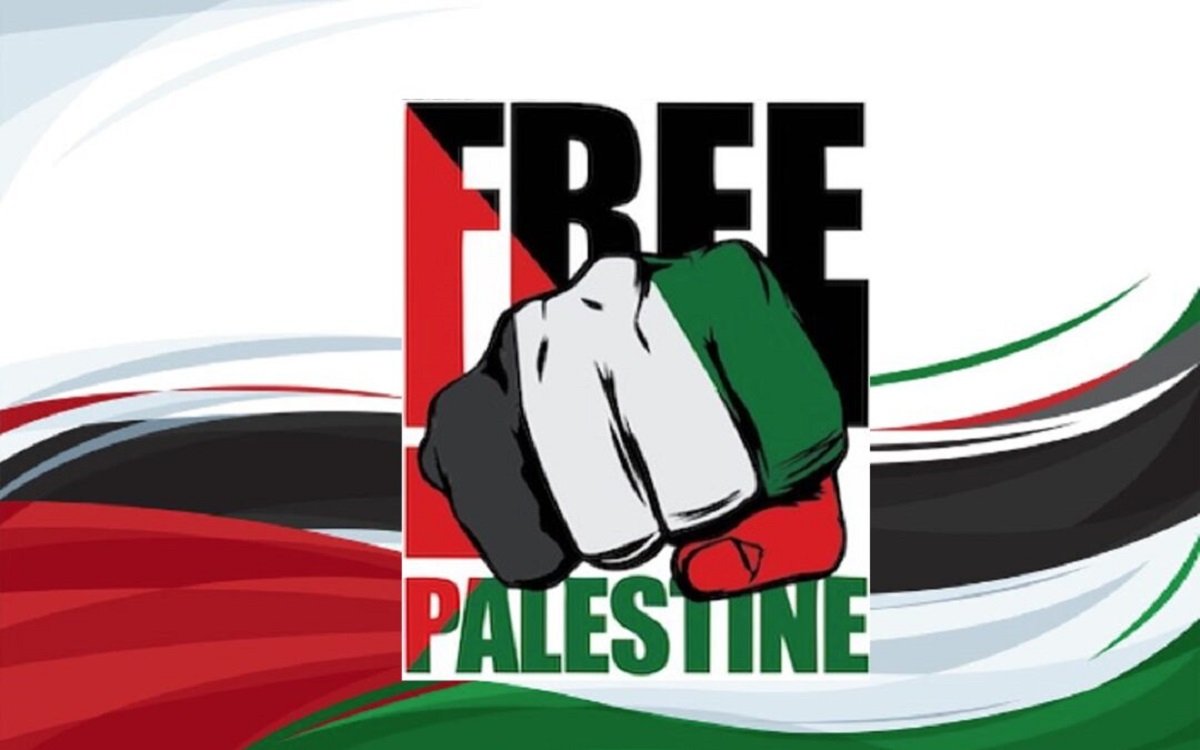The Palestinian cause has long been a symbol of resistance against oppression, injustice, and the struggle for self-determination. For decades, the people of Palestine have faced systemic displacement, human rights violations, and military occupation. As the global community grapples with complex geopolitical issues. It is essential to remember that at the heart of the Palestinian struggle is a basic human need for dignity, freedom, and peace.
Historical Context: The Roots of the Conflict
The Israeli-Palestinian conflict is often portrayed as a dispute over land, but it is deeply rooted in historical, political, and social factors. The 1948 Arab-Israeli war, which resulted in the creation of the state of Israel, saw the displacement of over 700,000 Palestinians, an event referred to as the Nakba, or “catastrophe.” Since then, the Palestinian people have faced continued efforts to erase their history and identity. As they struggle to maintain their presence in their ancestral homeland.
The West Bank, Gaza Strip, and East Jerusalem, territories internationally recognized as part of a future Palestinian state, have been under Israeli military occupation since 1967. The Israeli government has continued to expand illegal settlements in the West Bank. Further diminishing the possibility of a two-state solution. Gaza, often described as the world’s largest open-air prison, remains under a devastating blockade, with its residents subjected to regular military incursions, economic deprivation, and limited access to essential services such as healthcare, clean water, and electricity.
Human Rights Violations and International Law
Numerous human rights organizations, including Amnesty International and Human Rights Watch, have documented the systemic violations of Palestinian rights under Israeli occupation. These violations include the destruction of homes, arbitrary arrests, and the use of excessive force against civilians, particularly during peaceful protests. The international community has condemned these actions, but meaningful intervention has been limited, and accountability remains elusive.
Under international law, the Israeli occupation of Palestinian territories violates numerous treaties, including the Fourth Geneva Convention. Which prohibits an occupying power from transferring its civilian population into occupied territory and mandates the protection of civilians. Despite this, Israeli settlements in the West Bank continue to grow, further complicating any attempts at peace.
The Importance of Global Solidarity
The phrase “Stand with Palestine” is not just a slogan; it is a call for justice, solidarity, and action. Around the world, activists, academics, artists, and ordinary citizens have come together to support the Palestinian people through protests, campaigns, and educational efforts. The Boycott, Divestment, Sanctions (BDS) movement, for example, seeks to apply non-violent pressure on Israel to comply with international law and respect Palestinian rights. The movement has gained significant traction, particularly in Western countries, despite facing opposition and accusations of antisemitism. It is essential to distinguish between legitimate criticism of Israeli policies and discriminatory rhetoric. Ensuring that advocacy for Palestinian rights is grounded in a desire for justice and equality.
Palestinians, like all people, have a right to live in freedom and dignity. Stand with Palestine means amplifying Palestinian voices and recognizing their right to self-determination. It means challenging the dominant narratives that often portray Palestinians solely as victims or aggressors, without acknowledging their rich culture, history, and resilience.
The Role of the International Community
The international community has a crucial role to play in resolving the Israeli-Palestinian conflict. While some progress has been made, such as the recognition of Palestinian statehood by numerous countries and the United Nations, much more needs to be done. Governments around the world must take concrete steps to hold Israel accountable for its actions. Including imposing sanctions and ending military aid that contributes to the occupation.
Diplomatic efforts must also prioritize Palestinian voices and ensure that any peace process addresses the root causes of the conflict. Including the right of return for Palestinian refugees. The cessation of settlement expansion, and the establishment of a viable, independent Palestinian state.
Hope for the Future
Despite the overwhelming challenges they face, the Palestinian people have demonstrated remarkable resilience and hope. From young activists organizing protests to artists sharing their stories with the world. Palestinians continue to resist and fight for their right to exist in peace. The international solidarity movement, by stand with Palestine, plays an essential role in amplifying these efforts and ensuring that the world does not forget the injustices they endure.
Stand with Palestine is not just about supporting a distant cause it is about standing up for human rights, justice, and equality everywhere. As long as the Palestinian people are denied their basic rights, the global community will remain complicit in their suffering. By raising awareness, pressuring governments, and supporting grassroots movements. We can contribute to a future where Palestinians and Israelis live in peace, side by side, in a region free of occupation, apartheid, and violence.
Conclusion
The call to stand with Palestine is a call to stand for justice. It is a reminder that no people should live under occupation, that human rights are universal, and that peace is possible only when all people are treated with dignity and respect. As we continue to witness the struggles of the Palestinian people, let us not turn a blind eye. Let us take action, raise our voices, and stand with Palestine in the pursuit of justice and peace.










